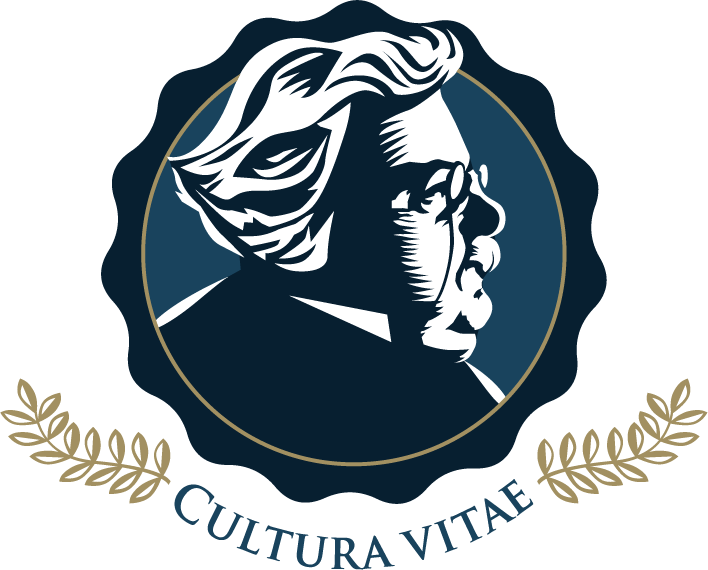Get Out of Your Head!
When I see a library copy bristling with my remember-this tabs before I’ve reached even the half-way point, I know this is one I’ll have to keep and quote, buy and share!
Matthew B. Crawford’s The World Beyond Your Head is a tremendously insightful book. I liked his first book, Shop Class as Soulcraft, but I think he’s outdone himself with this second volley against the destructive philosophies of personhood so prevalent today.
Crawford takes as his starting point the sad state of post-modern man generated by the Enlightenment project of making man entirely autonomous. He illustrates the reality that education begins with trust in and submission to authority by way of craftsmen as diverse as motorcycle racers, cooks and organ builders. Contra the hubris of the self-made man, he demonstrates that we are none of us our own creations, but exist in and through the cultural, relational dimension of life in a world that pre-exists us and is only knowable by means of a wealth of associations on which our understanding depends.
The fact that he does this without recourse to religious arguments against the Enlightenment premise that God is an unnecessary impediment to the full becoming of Man should be of interest to Catholics. It tells us that awareness of the impotence of Enlightenment materialist reductionism is, if not mainstream, at least so unavoidable as to be discussable in the public square in philosophical terms.
Though we’d love to add quotations from Fides et Ratio, from Pope Benedict’s Regensburg Address, from Josef Pieper’s Leisure, the Basis of Culture, from Alasdair MacIntyre’s After Virtue, and from G.K. Chesterton’s Orthodoxy and What’s Wrong With the World?, we can still cheer Crawford’s approach. Better yet, we can learn from his example how to frame this particular discussion in a way that even a post-modern, enlightened, atomized, virtual-reality kind of man might be able to understand.
Architects and city planners, do hear this man when he questions how much of our “attentional commons” we should privatize – trading public spaces where the free exercise of citizens’ rights is still fairly much allowed for corporate space in which our every eye twitch is bought and paid for.
For my several beloved organists: you must at the very least enjoy his Chapter 13: The Organ Maker’s Shop. (Please, can we make a movie????)
For my friends of a certain age, who remember the Mickey Mouse show and Donald Duck with classical music, you’ll be amazed at the new, hygenic cartoon pals, whose every whim is effortlessly realized without the impediments of the real world that made the old cartoons so funny. (See Chapter 3: Virtual Reality as Moral Ideal.)
All who love Fr. Luigi Giussani’s insistence that the ‘I’ begins in the encounter with reality will resonate with Crawford’s attempt to situate true freedom and individuality right back in the reality of wood, skill, rubber meeting the road, and history that informs craftsmanship as well as personhood.
“Tocqueville was struck by the observation that as hyper-Protestants who reject anything that looks like clerical authority, Americans are expected to be self-sufficient in forming their own judgments about everything. This isn’t understood as a rare accomplishment, or a capacity that one grows into in the course of a life. It is a moral imperative from the get-go, taught in elementary school. But of course we run into a problem: we are not competent to judge everything for ourselves. We know this; we feel it. We cannot look to custom or established authority, so we look around to see what everyone else things. The demand to be an individual makes us feel anxious, and the remedy for this, ironically enough, is conformity. We become more deferential to public opinion.”
“The adult will is not something self-contained; it is situated in, and formed by, the contingencies of the world beyond one’s head. The kind of self that accepts this elemental fact contrasts with, and therefore brings into clarifying relief, the more fragile kind of self that is posited in contemporary ethics and fostered by contemporary technology. The freedom and dignity of this modern self depend on its being insulated from contingency – by layers of representation.”

